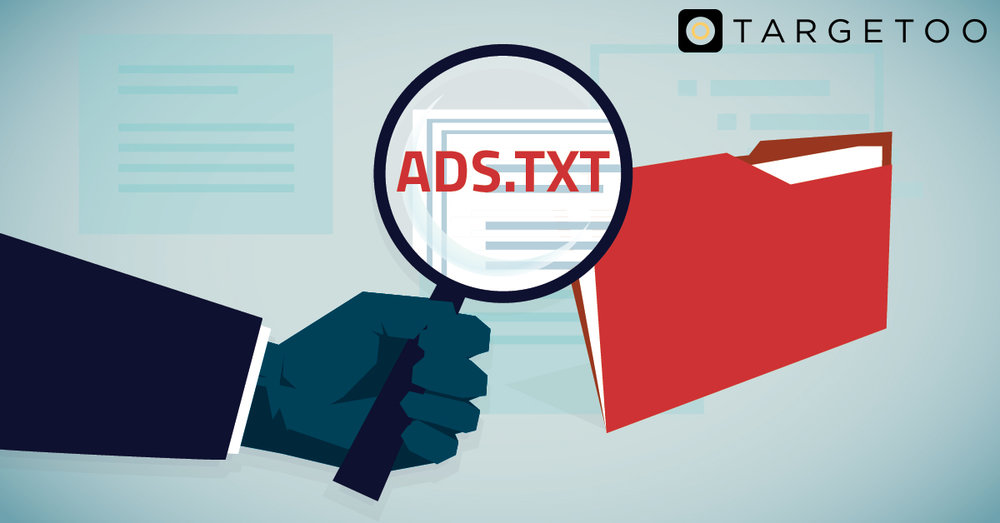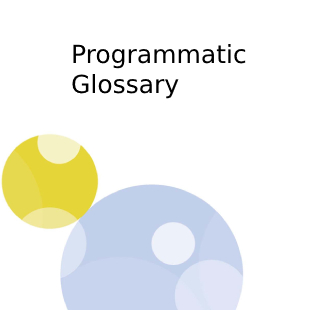The Authorized Digital Sellers, also known as ads.txt, is a global initiative promoted by the Interactive Advertising Bureau to improve transparency between buyers and sellers into the Programmatic ecosystem. Google has been an active promoter of this Initiative and so ExMarketPlace. This initiative gives the opportunity to each publisher to declare in a simple txt file all the Partners eligible to serve ads. The ads.txt file consists in a list of ID with four different fields: Field #1 is related to the Domain name of the advertising system; Filed #2 is for the Publisher's Account ID; Field #3 specifies if this collaboration is directly signed from the Publisher or not and the admitted values are DIRECT/RESELLER. The Field #4 is not mandatory and is used to communicate the Certification Authority ID. The /ads.txt file must be posted on the root domain of each site so as to permit crawlers to access the declaration and verify the IDs.
What you must know about the Ads.txt
Here you can find the specifications from the IAB to integrate the declaration both on web and app inventories. The initiative has been created also to avoid RESELLERS CHAINS that were decreasing value both on the buy and supply side. Thanks to the declarations, publishers can control the IDs used to sell inventory but they must pay attention to what kind of IDs are provided from RESELLERs. In the past AdNetworks were trading ad-tags, providing monetization starting from a direct agreement that could be resold in a long chain of Resellers; today the same issue is possible on the IDs. RESELLERS provide a list of IDs and Publishers have low control over them but, talking about Google, each publisher should have one DIRECT AdSense and, if available, one DIRECT AdExchange. Any other DIRECT Google contract provided from third party companies should be investigated because “DIRECT” stands for “directly signed from Publishers.”





